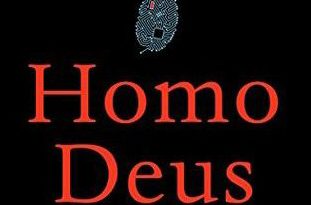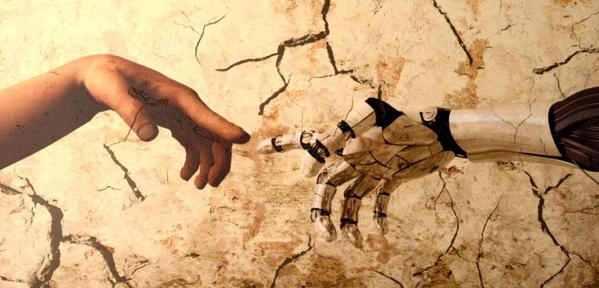 Homo Deus: A Brief History of Tomorrow by Yuval Noah Harari
Homo Deus: A Brief History of Tomorrow by Yuval Noah Harari
My rating: 5 of 5 stars
Homo Deus is an engaging and well-written book that explores the rise and perhaps imminent fall of humans (by our own collective design) in a quest for immortality. The author discusses the inevitability of sharper class distinctions between humans that can afford superhuman enhancements versus a vast majority of people that cannot. We’ve read a comparable argument in another excellent book published in 2005 called Radical Evolution by Joel Garreau. In fact, both books even reference similar, if not the same, ground-breaking experiments, such as the one involving Belle, the owl monkey, in Garreau’s book.
Homo Deus, however, focuses more on the historical development of humans and where our current trajectory may lead. Despite Harari’s subtle wit, his most dire prediction on p. 325 is that “In the twenty-first century we might witness the creation of a massive new unworking class: people devoid of any economic, political or even artistic value, who contribute nothing to the prosperity, power and glory of society. This ‘useless class’ will not merely be unemployed – it will be unemployable.”
These implications are not subtle, nor easy to dismiss when Harari backs them up with credible case studies, as well as historical, political and economic examples.
The author also makes a strong argument for non-organic, not-(yet)-conscious algorithms that are already making better decisions than humans—and promise to do so at exponentially faster rates. Ultimately, the questionable relevance of humans in a couple generations’ time seems to be the overarching theme of Homo Deus, a book about humans achieving godly status. This book gets five stars not because I agree on all points, but because Harari raises issues we need to consider in order to make meaningful changes for our future. It is well worth the read.


Leave a Reply